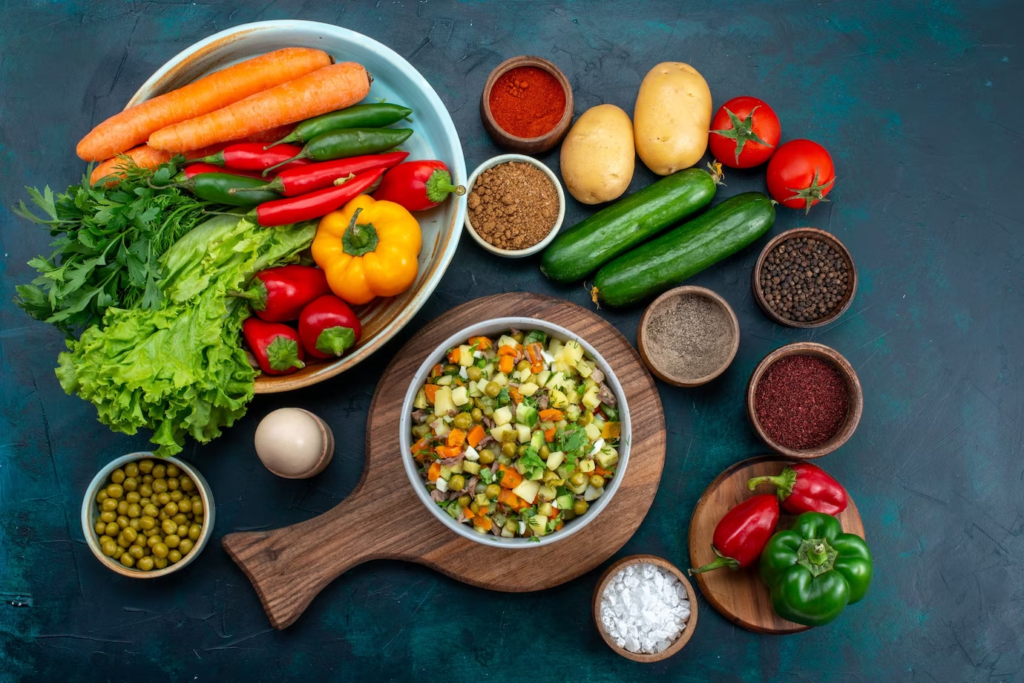Vegetables aren’t just a necessary part of any well-balanced diet—they’re important for your overall health and well-being! Nutrient-dense vegetables are rich in vitamins, minerals, antioxidants, and fiber. They can help to protect against chronic disease, strengthen the immune system, and maintain a healthy weight. Whether you prefer dark leafy greens or crispy root vegetables—or if cruciferous veggies are more your thing!—there’s something out there for everyone. In this ultimate guide, you’ll learn about all the ways that vegetables benefit your health and why they should be fast-tracked to the top of your plate.
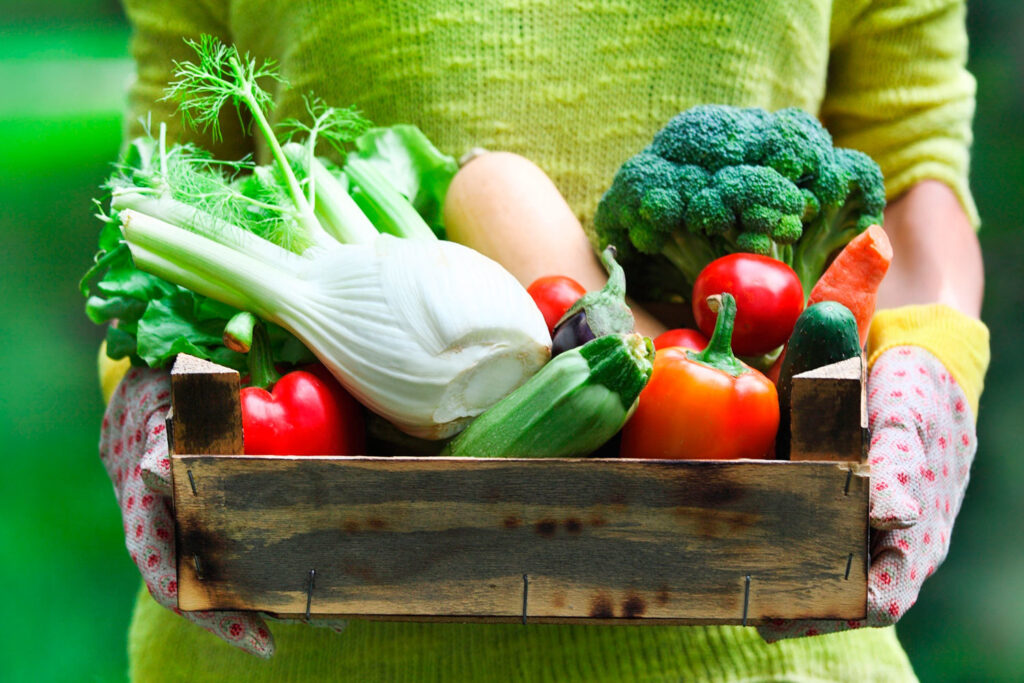
- Nutrient Powerhouses
Vegetables are rich in all nutrients that promote nearly every part of our health. Most vegetables contain vitamins, which include Vitamin A, Vitamin C, Vitamin K, and folate, all of which boost our immune function, aid in tissue repair, cause blood clotting, and facilitate cell division. Examples include:
Carrots and sweet potatoes are high in Vitamin A, which boosts eye health and improves our immune function.
Spinach and broccoli contain a lot of Vitamin K that is crucial for maintaining health in bones and blood.
Bell peppers and broccoli are sources of Vitamin C that has the function of fighting infection, keeping the skin healthy, and enhancing the assimilation of iron.
Other leafy greens, which include kale, collard greens, and swiss chard, contain folate-a B vitamin that assists the cell in its work while preventing neural tube defects if a woman is pregnant. - High in Antioxidants
Antioxidants are the compounds that protect our cells from free radicals—unstable molecules that may lead to chronic diseases such as cancer, heart disease, and aging. Among all sources of antioxidants, vegetables are one of the richest. Dark leafy greens like kale, spinach, and collard greens contain lutein and zeaxanthin, which are associated with good eye health and may lower the risk of age-related macular degeneration.
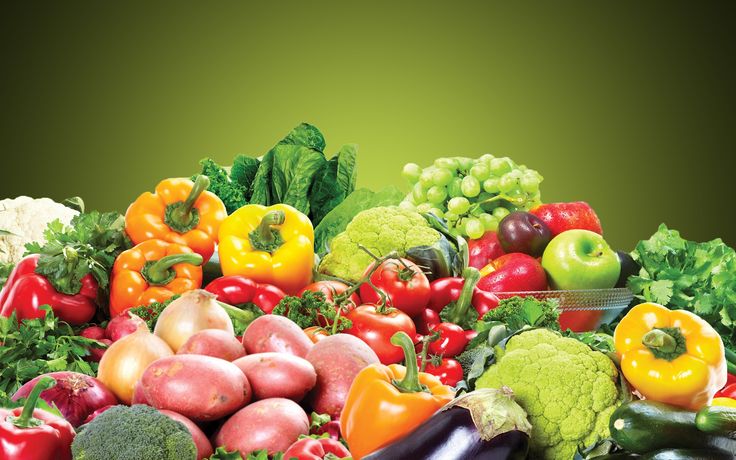
The other great cancer-preventing agent present in cruciferous vegetables is the sulfur compound known as glucosinolates; it is very plentiful in broccoli, cauliflower, and Brussels sprouts.
Other vegetables are full of rich flavonoids like quercetin and anthocyanins. Flavonoids have anti-inflammatory and anti-cancer properties. Vegetables having deep purple or red pigmentation are full of such antioxidants; some such examples include beets and eggplant.
- Enhanced Digestion
Fiber is a nutrient that supports a healthy digestive system, and vegetables are good sources. High fiber foods help regulate bowel movement, prevent constipation and maintain a healthy gut microbiome. Fiber helps in maintaining healthy cholesterol levels, helps in controlling the blood sugar; which may lead to prevention or control of disease conditions like heart diseases, and diabetes.
The good thing is that broccoli, Brussels sprouts, carrots, and peas are all good for both soluble and insoluble fiber. The insoluble fiber helps bulk up the stool and aids in stool passage through the digestive system, whereas the soluble fibers regulate blood sugar levels and thereby reduce cholesterol. The regular intake of a variety of fiber-rich vegetables can in general improve gut health in general and prevent bloating as well as discomfort in the digestive tract.
Why Vegetables Are Essential for Good Health
Rich in Nutrients
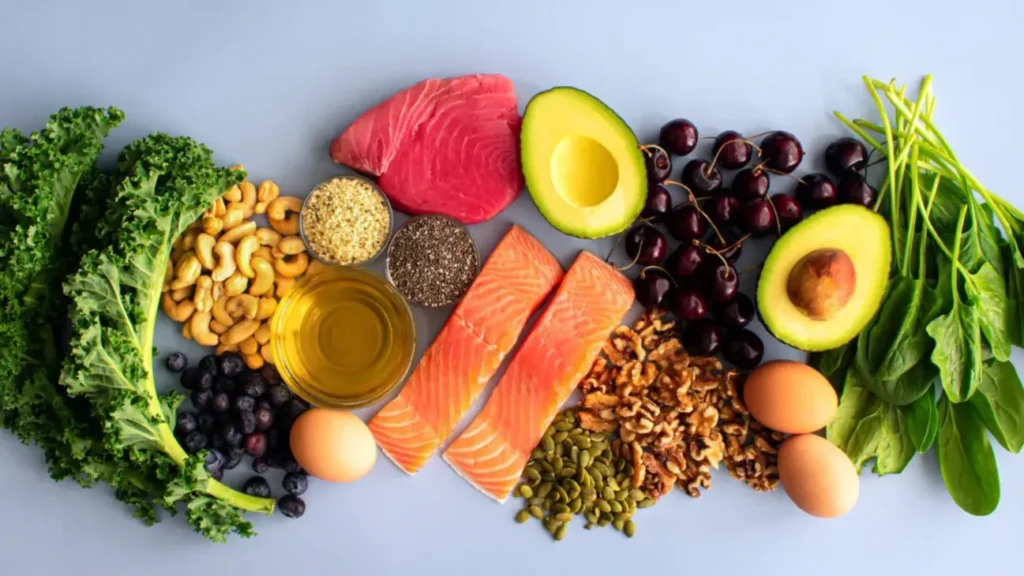
Vegetables are among the maximum nutrient-dense ingredients you can devour. They are loaded with vitamins (including diet A, C, and K), minerals (like potassium and magnesium), and antioxidants, all of which play crucial roles in keeping physical features. For example:
Vitamin A
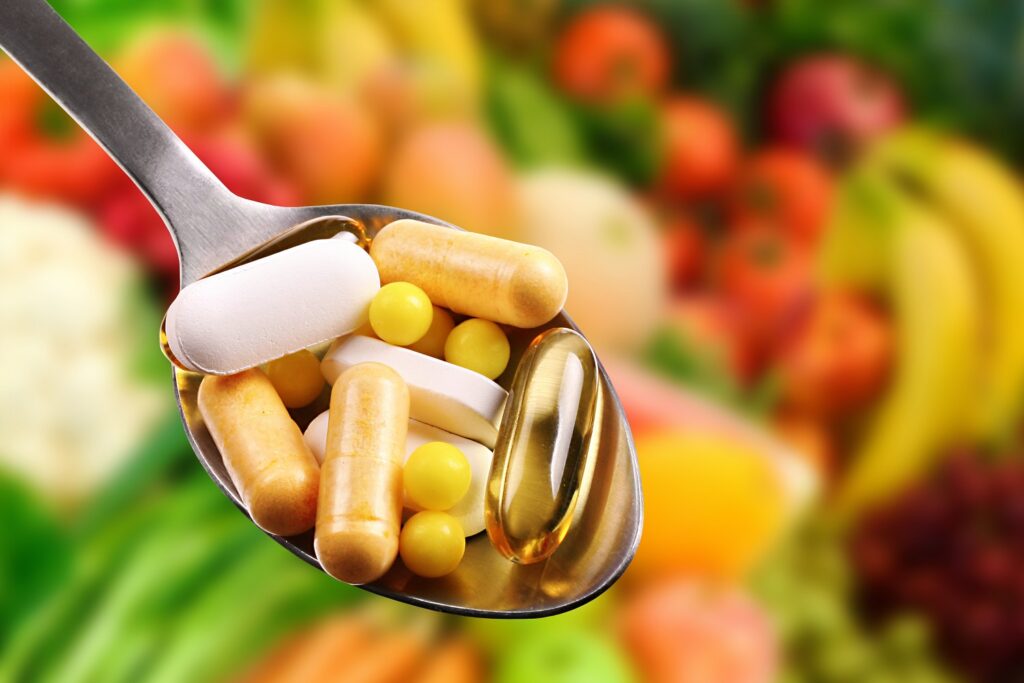
(observed in carrots, sweet potatoes, and leafy veggies) helps imaginative and prescient, skin fitness, and immune feature.
Vitamin C
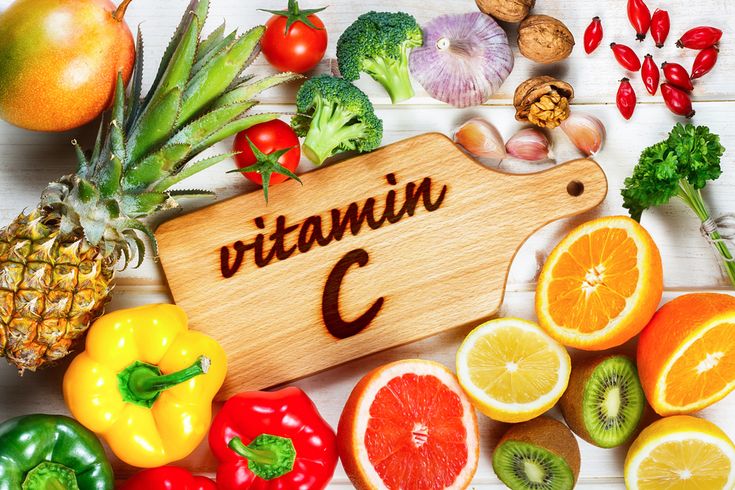
(plentiful in bell peppers, broccoli, and kale) is crucial for collagen production, immune fitness, and wound healing.
Vitamin K
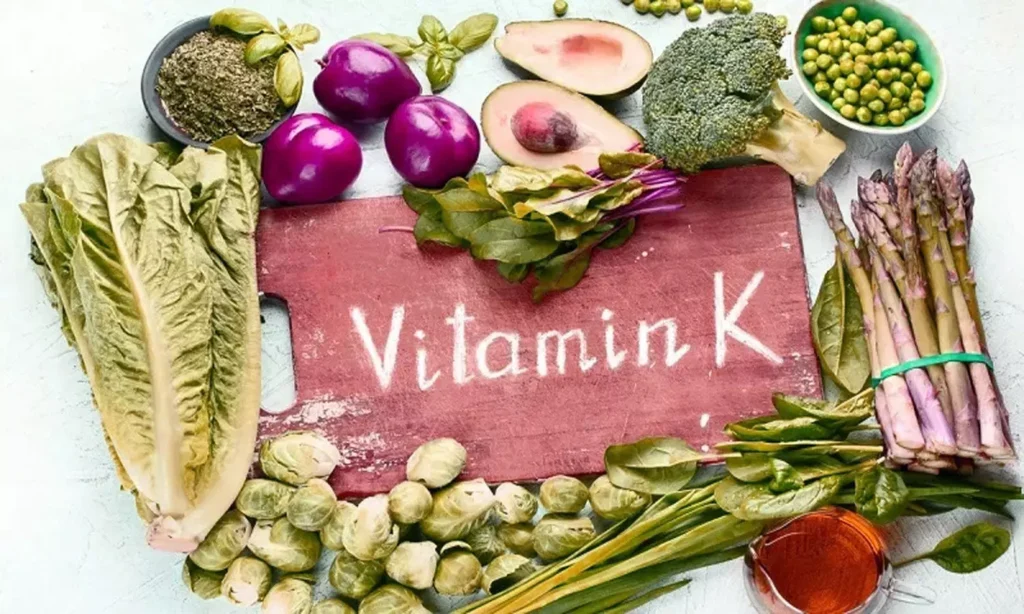
(observed in spinach, kale, and other darkish leafy veggies) is critical for blood clotting and bone fitness.
High in Fiber
Vegetables are an fantastic supply of dietary fiber, that is vital for digestive fitness. Fiber enables adjust bowel movements, save you constipation, and aid a healthy intestine microbiome. It also plays a good sized position in controlling blood sugar stages, lowering cholesterol, and selling satiety, which could aid in weight control. High-fiber veggies include leafy vegetables, broccoli, Brussels sprouts, and carrots.
Low in Calories
Most veggies are low in energy, making them a first rate alternative for the ones looking to hold or lose weight. They offer a feeling of fullness without contributing to excessive calorie intake. For instance, leafy vegetables like lettuce and spinach, in addition to veggies like cucumbers, zucchini, and tomatoes, are low-calorie options that may be enjoyed in abundance.
Packed with Antioxidants
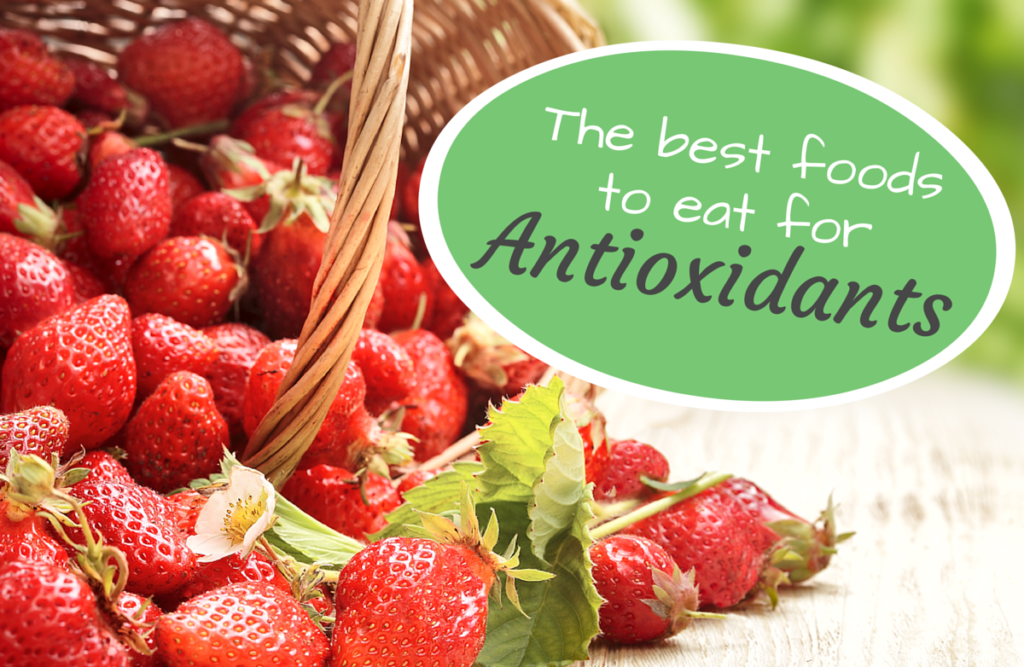
Vegetables are rich in antioxidants—compounds that assist neutralize dangerous loose radicals inside the frame. These antioxidants, which includes flavonoids, carotenoids, and polyphenols, assist lessen infection and decrease the hazard of chronic illnesses like heart ailment, cancer, and diabetes. Vegetables like tomatoes (wealthy in lycopene), spinach (full of lutein and zeaxanthin), and kale (high in flavonoids) are terrific sources of these shielding compounds.
- Support Heart Health
Consuming quite a few veggies has been proven to enhance coronary heart fitness. Vegetables like leafy veggies, beets, and carrots are wealthy in vitamins along with potassium, which facilitates modify blood pressure, and nitrate compounds, which improve blood waft and vascular function. The fiber located in vegetables additionally contributes to lowering cholesterol levels, decreasing the hazard of heart sickness and stroke.
Support Healthy Skin and Hair

Many vegetables, mainly those high in vitamins A and C, are beneficial for keeping healthy pores and skin and hair. For example, diet A helps the manufacturing of sebum, which maintains hair and skin moisturized. Vitamin C is crucial for collagen formation, a protein that helps preserve the pores and skin’s elasticity and firmness. Vegetables like carrots, candy potatoes, bell peppers, and tomatoes are excellent selections for glowing skin and brilliant hair.
Boost Immune Function

A weight-reduction plan rich in greens supports a robust immune machine. Vegetables like broccoli, kale, and bell peppers are great resources of nutrients and minerals that assist bolster the frame’s defense towards infections. Vitamin C, specially, is a effective immune booster, at the same time as the zinc located in spinach and mushrooms also performs a key role in immune feature.
Improve Bone Health

Many veggies, especially green leafy ones, are fantastic resources of calcium and nutrition K— vitamins important for preserving sturdy, healthy bones. Vitamin K allows with bone mineralization and the prevention of bone fractures, while calcium is a key thing of bone shape. Vegetables like kale, bok choy, collard veggies, and broccoli are remarkable plant-primarily based sources of those bone-supporting nutrients.
How to Maximize the Health Benefits of Vegetables
While it’s clear that veggies are critical for your diet, knowing how to get the maximum fitness blessings from them can make all of the distinction. Here are a few recommendations for maximizing the dietary cost of your greens:
Eat a Rainbow of Vegetables
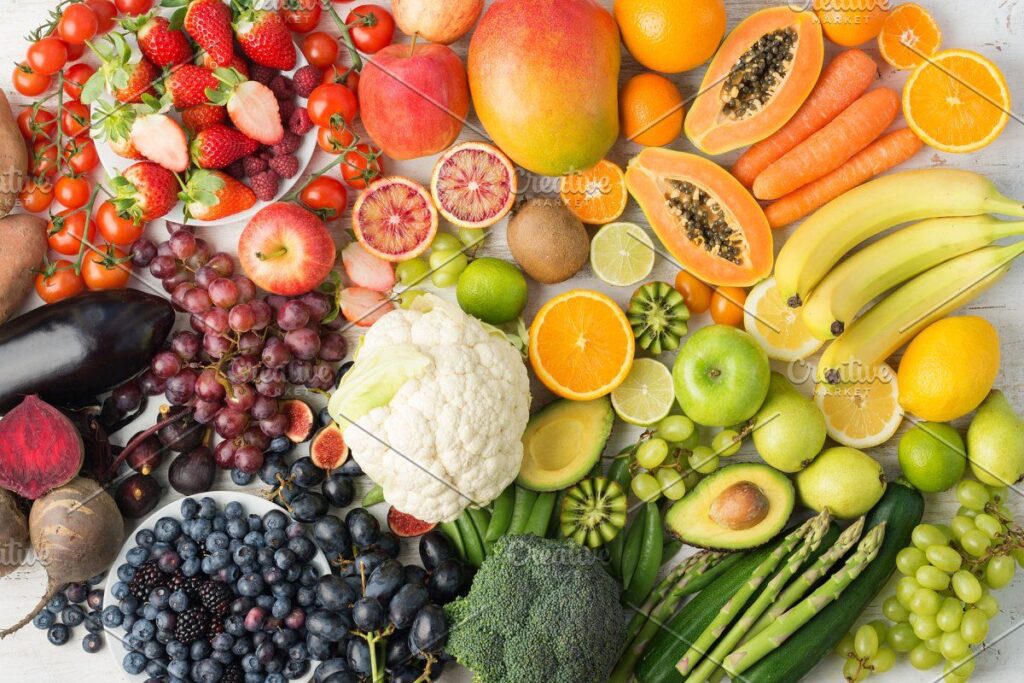
Different vegetables provide exclusive vitamins, so it’s crucial to consume a wide range. Try to consist of vegetables of various colors for your food, as the colour often corresponds to the unique phytonutrients they include. For example, orange and yellow greens like carrots and squash are wealthy in beta-carotene, even as darkish leafy greens like spinach and kale are packed with iron and calcium.
Incorporate Raw and Cooked Vegetables
Both uncooked and cooked veggies provide fitness benefits, however cooking could make some nutrients more bioavailable at the same time as decreasing others. For instance, cooking tomatoes will increase the availability of lycopene, an antioxidant, while steaming broccoli enables keep its vitamin C content material. A balanced technique—ingesting a combination of raw and cooked vegetables—will make sure you get a full spectrum of vitamins.
Avoid Overcooking

Overcooking vegetables can lead to the lack of crucial vitamins. To maintain the most dietary fee, attempt steaming, roasting, or sautéing veggies in preference to boiling them for prolonged intervals. Short cooking times and low to medium heat maintain each flavor and nutrients.
Pair with Healthy Fats
Some nutrients and antioxidants in greens are fat-soluble, that means they’re higher absorbed when paired with healthful fats. For example, strive drizzling olive oil to your salad or sautéing veggies in avocado oil to boom the absorption of nutrients A, D, E, and K.
Be Creative with Recipes
If you find it tough to devour veggies, get creative inside the kitchen! You can combo veggies into smoothies, add them to soups, or make vegetable-based pasta (like zucchini noodles or cauliflower rice). Incorporating vegetables into your favorite dishes can assist lead them to extra fun and less difficult to consume often.
Top Vegetables for Optimal Health
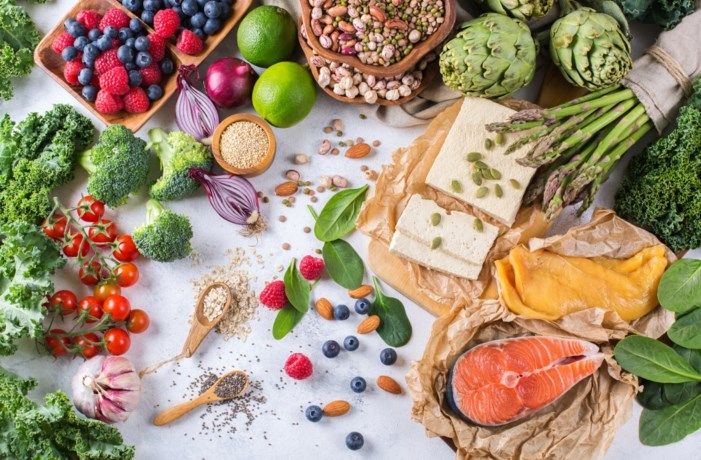
Here are a number of the top veggies to include for your weight loss plan for maximum fitness blessings:
Spinach: High in vitamins A, C, and K, as well as iron and folate. Great for bone health, energy, and immune assist.
Kale: Rich in antioxidants, nutrients A, C, and K, and fiber. Supports heart health and helps reduce inflammation.
Broccoli: Packed with vitamins C, K, and folate, along with fiber and most cancers-preventing compounds like sulforaphane.
Carrots: Loaded with beta-carotene, which helps eye health, and high in fiber, assisting with digestion.
Sweet Potatoes: A wonderful source of beta-carotene, potassium, and fiber, assisting both immune function and heart health.
Brussels Sprouts: High in fiber, vitamins C and K, and antioxidants. A exquisite vegetable for improving digestion and supporting cleansing.
Conclusion
Incorporating a huge kind of vegetables into your weight-reduction plan is one of the easiest and handiest methods to improve your standard fitness. From helping your immune system to improving pores and skin and heart health, veggies are an important part of any well-rounded, nutrient-dense food regimen. Whether you opt for them uncooked, steamed, roasted, or blended into smoothies, there’s no shortage of approaches to experience these effective ingredients. By making greens a ordinary part of your meals, you are now not only fueling your body with important vitamins, however you’re additionally setting your self up for long-time period health and nicely-being.
